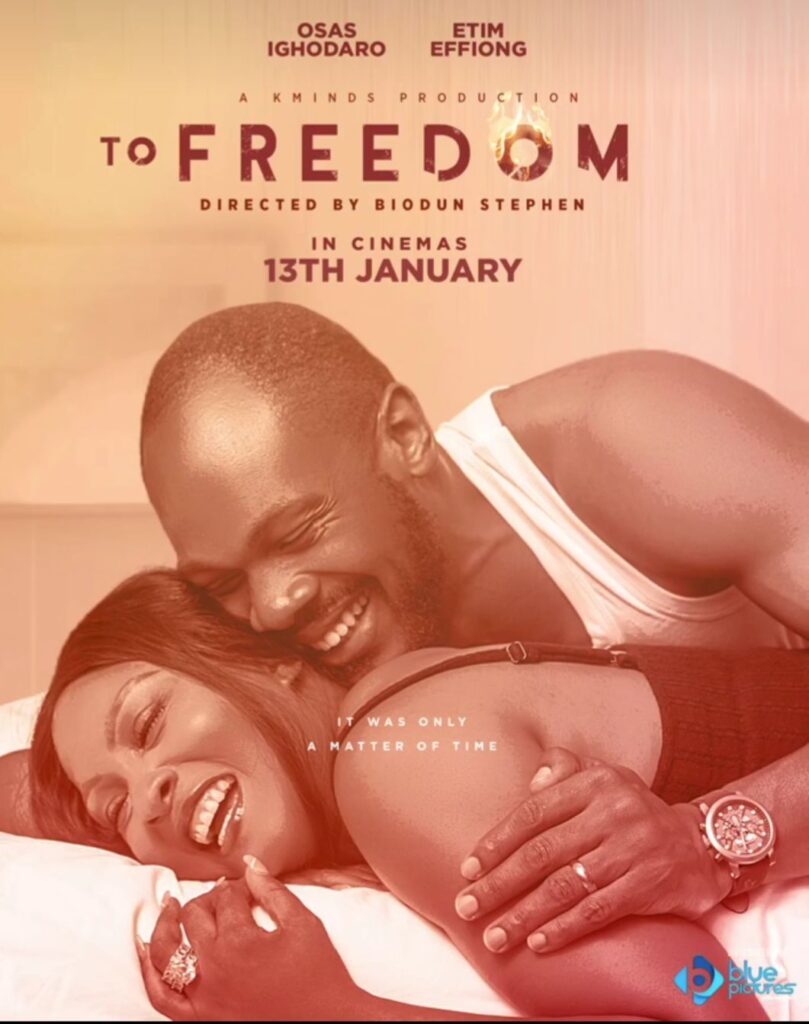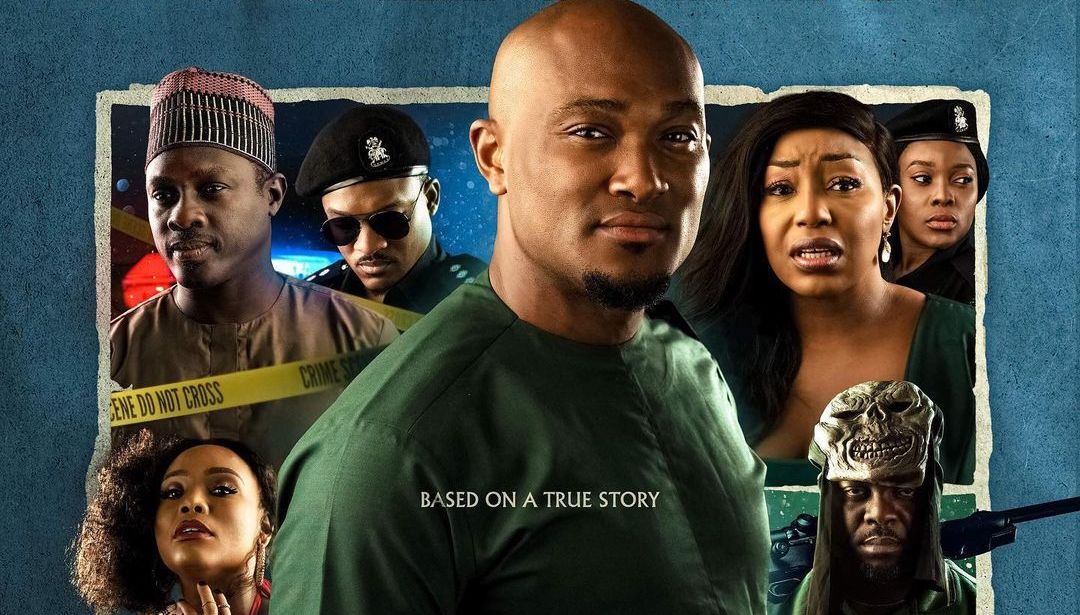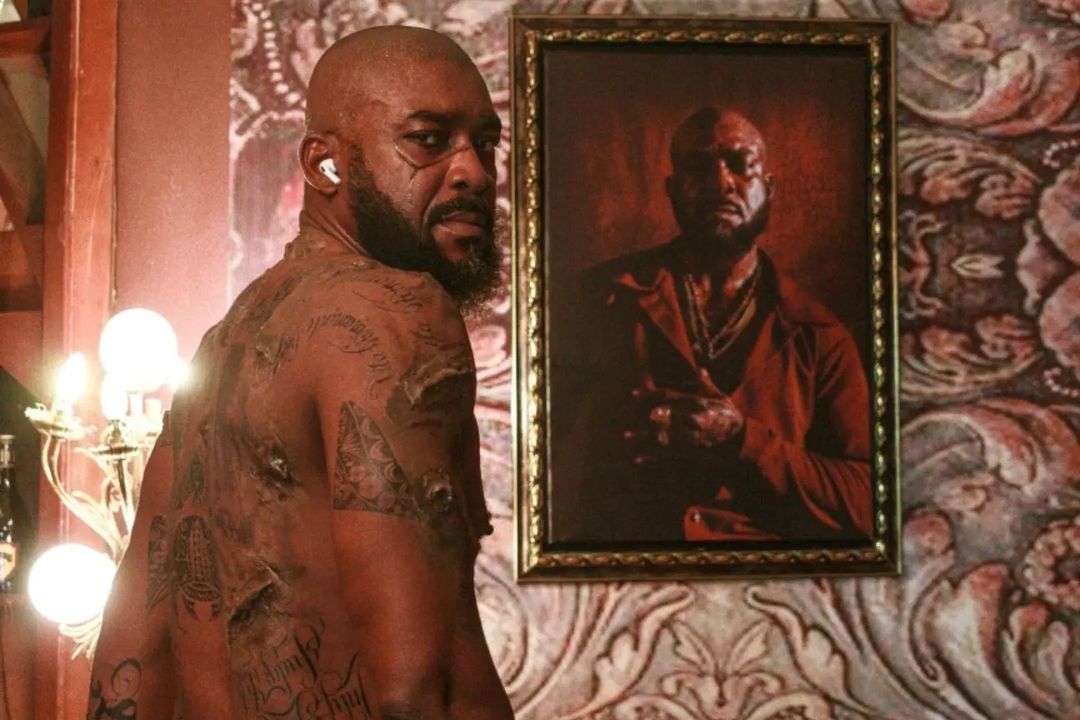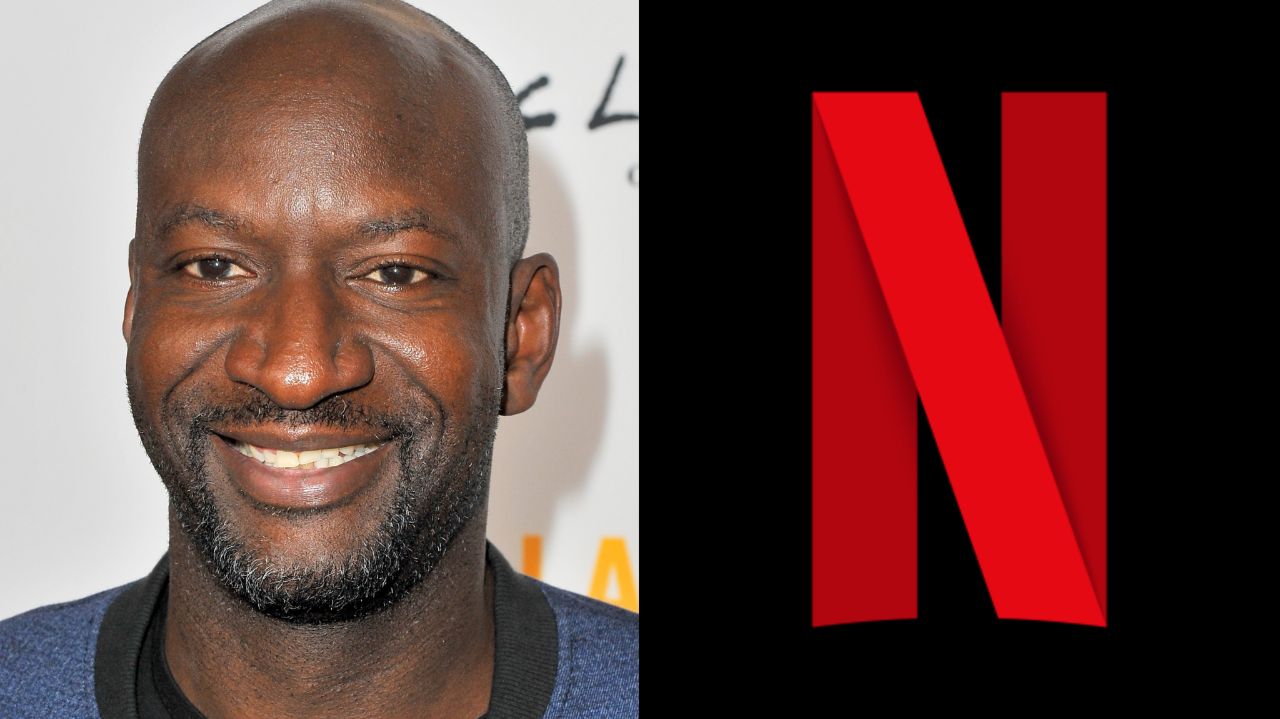To Freedom is a somber psychological thriller that tells the story of a man, Tobi (Daniel Etim-Effiong), whose wife, Shola (Osas Ighodaro), suddenly goes missing on a simple trip to the supermarket. His whole life is torn apart as he is unable to come to terms with the reality of his wife’s disappearance. After one year of disappearance, with close friends and family urging him to move on and accept the loss and assume his wife is dead, he starts seeing signs that suggest that his wife is indeed alive but all his attempts to follow up on any leads are futile as everyone apart from him remains blind to these signs. As the loss begins to take a heavy toll on his mental health, we are served with an astonishing twist that turns the whole plot on its head.
 2022 Nollywood Cinema Films Already Streaming on Netflix and Prime Video
2022 Nollywood Cinema Films Already Streaming on Netflix and Prime Video

In the beginning of the film, the plot is laid bare in a straightforward and conventional manner, and it succeeds in making us empathize with the protagonist as he suffers in his plight. Viewers will even berate the other characters for invalidating his pain and refusing to help him in his search for his lost wife. When the twists happen, it is surprising but could have been engineered to be more shocking and jarring.
To Freedom has a story that looks like it has been copied from a Hollywood plot. While there is no crime in seeking inspiration from works in other climes, it is important to adapt it appropriately so that it fits the new context and society it is being placed in. Despite an intriguing plot and the signs when watching it, one cannot ignore the niggling feeling that the plot doesn’t fit; the story itself is a plausible one but its dynamics feel strange and it affects the performance of the actors as they don’t seem to be able to decide what persona their characters should have.
 ‘The Trade’ Review: Blossom Chukwujekwu-led Timely Story Gets Required Attention and Care
‘The Trade’ Review: Blossom Chukwujekwu-led Timely Story Gets Required Attention and Care
 ‘Shanty Town’ Review: Scalar But Lively Chidi Mokeme Saves The Day in Gritty Crime Drama Series
‘Shanty Town’ Review: Scalar But Lively Chidi Mokeme Saves The Day in Gritty Crime Drama Series
The plot of To Freedom is based on an interesting story but we only see the potential of this story and not what it could actually be. For a thriller, it moves at an incredibly slow pace that makes it seem like it was a deliberate ploy to extend the runtime of the film. And for a film with such a slow pace, the second part of it is rushed and the development of the plot up to that point feels incomplete. A jump is made into the big twist out of a necessity for the plot to move forward rather than as a result of a natural progression of the plot.
A small cast means that the director, Biodun Stephen (Breaded Life), has better a chance of bringing the best out of her actors. Daniel Etim-Effiong (Blood Sisters) gives the most efficient performance. As he is playing the protagonist, understandably most of the director’s attention would be on him. The rest of the cast put in inconsistent performances and sometimes they look like they don’t believe the words coming out of their own mouths.
The unnecessarily drawn out plot of To Freedom makes it look born out of an inadequately expanded short film plot, however, it is still an interesting film and it is easy to see it for what it could have been even though the experience does not match up to its possible potential. There is a recent interest in psychological thrillers in Nollywood and whilst the projects have been decent, it will be better if we look inwards for our stories in this genre.
To Freedom is showing in cinemas.
Share your thoughts in the comments section or on our social media accounts.
Sign Up: Keep track of upcoming films and TV shows on your Google calendar.
Side Musings
- Mucch romance
- So much oppression
- So your friend killed someone and you still let them have a chance to do it again
- This is not redemption for the friend
- What a shrink
- Watch out for part 2?
- She could have just left the country
- Nollywood needs a ‘How it should have ended’






To many flaws.
1. For someone experiencing that magnitude of abuse, the lovey dovey scenes were too corny.
2. As enlightened as Shola’s family is, they should know that there are better ways to handle a missing person case than just sitting on their hands. They never lodged a complaint at the Police station to report their father missing, if for example it was discovered that he was unjustly arrested by the people and let’s assume that Tobi has bought all of the Police hierarchy in the country, the courts are there to enforce his fundamental rights, they follow it up politically as well.
3. For someone as rich and powerful as Tobi is portrayed that he locks up his father-in-law with the police and only released him when he wished, you’ll expect that Shola’s disappearance would be something he could easily engineer the police to solve. Also, when he was facing a hard time getting the account information of his wife, why did he not use the same police he has so much control over to get the information from the bank?
4. Why would Shola’s family go through the risk of having her found in their home whether by Tobi who actually did come to search the house after he got a cctv footage of her in town when they could easily send her out of the country or at least their village?
5. Why would Eso Dike who also happens to be lawyer allow such huge legal blunder when he said that Tobi has signed the Court order? No person signs a court order except the judge who gave that order.
6. What’s the point of keeping him in a vegetative state when they could just keep Shola far far away from him?
Aptly stated
I couldn’t make myself finish watching. It was not really believable after the plot twisted from him being a a tragic broken heart to suddenly a sadistic abusive control freak without any hints to that affect beforehand. It felt like they didnt know how to finish the story and threw this in.
Correction…Hints to that effect…